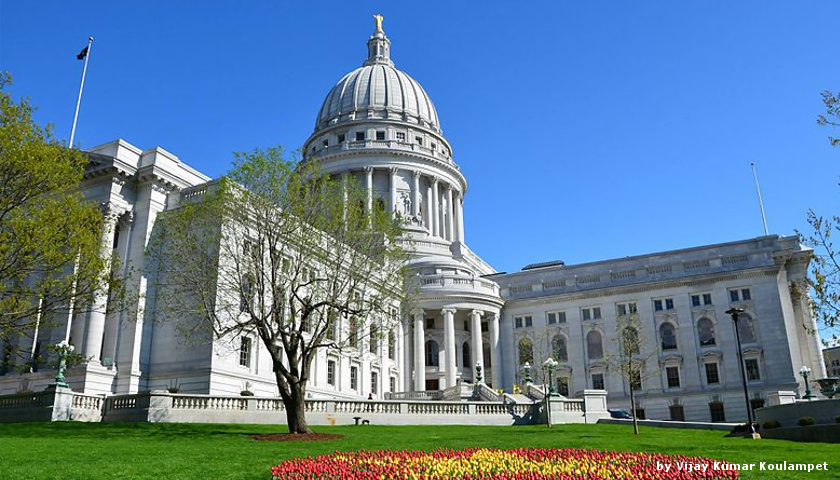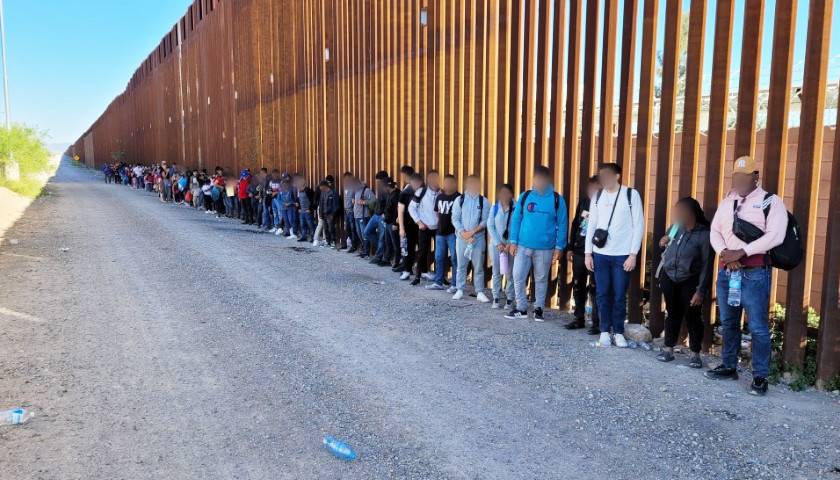by Benjamin Yount
Who controls when the Wisconsin State Assembly meets? The Assembly itself, or the state’s constitution written in 1848?
The Wisconsin Supreme Court hear arguments on that question Wednesday.
The Wisconsin League of Women Voters filed a lawsuit earlier this year that challenges a number of laws passed during last December’s extraordinary session.
“Absent an actual emergency, the Legislature should legislate during their regular sessions,” League Executive Director Erin Grunze wrote in an open letter earlier this month. “The Constitution never intended for the Legislature to be in session nonstop. It contradicts the Constitution, and it does not fit with the Legislature’s own history or the other laws it has passed.”
Grunze said the Wisconsin Constitution is clear: There are limits to the Assembly’s power.
“The Wisconsin Constitution lays out restrictions on the Legislature, including limiting its convening power. This is to ensure legislators act responsibly and honorably when creating laws,” Grunze added.
But the leaders in the Assembly and the State Senate, Speaker Robin Vos and Majority Leader Scott Fitzgerald, say they are well within their Constitutional powers to set their own schedule.
“A judge should not violate the Legislature’s basic ability to convene when its duly elected members call a session day,” the two said in a statement in March.
Vos and Fitzgerald’s lawyers say the Assembly and Senate adopted a resolution in 2017 that allows them to meet on any day of the year.
The Republican-led legislature passed a number of new laws between the time that Gov. Scott Walker lost his re-election bid in November and when Gov. Tony Evers was sworn in in January.
Among them was a law aimed at keeping Wisconsin in a legal challenge to the Affordable Care Act, as well as 82 appointments to various boards and commissions.
Lower courts have been split on the legal challenge and those appointments.
A Dane County judge initially ruled that those appointments were invalid. Gov. Evers then fired all 82 people. He later would hire most of them back.
At the beginning of April, an appeals court then overturned that ruling, and said the Assembly and Senate acted properly. At the end of April, the Wisconsin Supreme Court ruled the same thing, and said all 82 should get their jobs back.
Now, the court will decide if all of the laws passed during the extraordinary session, and the session itself, are constitutional.
– – –
Benjamin Yount is an industry veteran with two decades of experience in media reports on Illinois and Wisconsin statewide issues for The Center Square.




